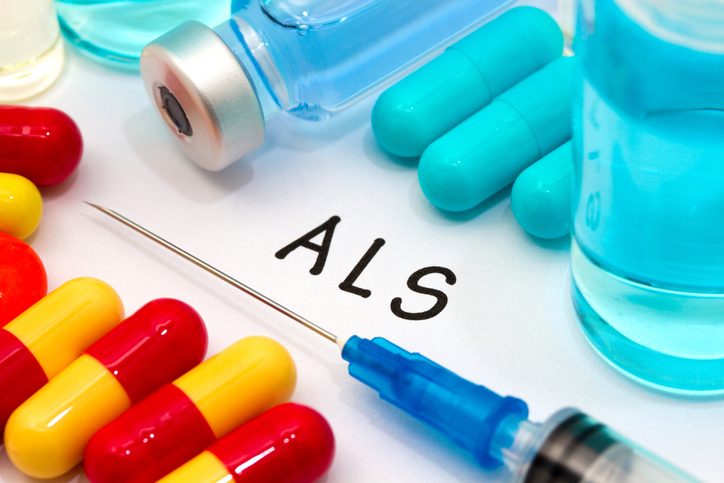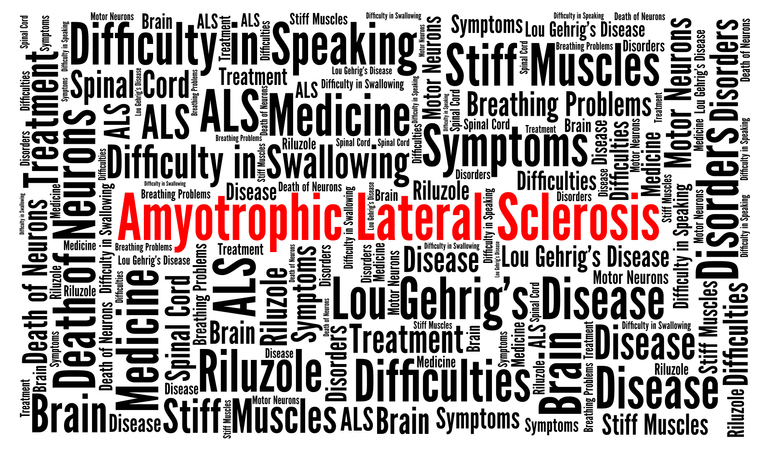
Prominent Hollywood Publicist Dies of ALS. How We Can Be Proactive About This Devastating Disease
By Joy Stephenson-Laws, J.D., Founder
The name Nanci Ryder may not ring a bell to you, but she was well known by several celebrities including Jennifer Lopez, Leonardo DiCaprio, Mariah Carey, Reese Witherspoon and Courteney Cox.
Ryder was a very successful publicist with a career that spanned 30 years. Unfortunately, in 2014 she was diagnosed with amyotrophic lateral sclerosis (ALS), also called Lou Gehrig’s disease.
Lou Gehrig was a Major League Baseball player born in 1903. He died in 1941 after a rough battle with ALS, and his name continues to bring awareness to this devastating neurodegenerative disease.
Recently, Ryder lost her battle to ALS. She was 67-years-old.
The National Institutes of Health (NIH) defines ALS as “a rare group of neurological diseases that mainly involve the nerve cells (neurons) responsible for controlling voluntary muscle movement. Voluntary muscles produce movements like chewing, walking, breathing and talking. The disease is progressive, meaning the symptoms get worse over time.”
This disease essentially causes you to lose control of your brain. If you do not have control of your brain, it is difficult to have control of your body.

“Gradually all muscles under voluntary control are affected, and individuals may lose their strength and the ability to speak, eat, move, and even breathe,” reports the NIH.
The NIH also says most people die of ALS due to respiratory failure, usually within 3-5 years from when their symptoms first appear. About 10 percent of people with ALS survive for 10 or more years.
The Centers for Disease Control and Prevention (CDC) suggest that there are between 12,000 to 15,000 people in the United States with ALS, and every year doctors diagnose about 5,000 people. ALS is slightly more common in men than women, and most people find out that they have this disease between 55 and 75 years of age.
Currently, there is no cure for ALS.
There are still a lot of unknowns regarding what causes ALS, but a recent study found evidence of a new genetic defect linked to ALS. Other suspected causes include environmental exposure, injury and diet.
It’s encouraging that we may be proactive about ALS through diet.
A study, published in 2013 by Wiley in Annals of Neurology, a journal of the American Neurological Association and Child Neurology Society, suggests that a diet rich in bright-colored fruits and vegetables may prevent or delay ALS. Natural foods that contain colorful carotenoids (plant pigments that give certain foods their red, orange and yellow hues) are a good dietary source of vitamin A, which is a powerful antioxidant. The researchers examined more than one million people.
The study reports, “[a] total of 1093 ALS cases were identified after excluding subjects with unlikely food consumption. The team found that a greater total carotenoid intake was linked to reduced risk of ALS. Individuals who consumed more carotenoids in their diets were more likely to exercise, have an advanced degree, have higher vitamin C consumption, and take vitamin C and E supplements. Furthermore, subjects with diets high in beta-carotene and lutein—found in dark green vegetables—had a lower risk of ALS.”
There are also many essential minerals that may help diminish some of the damage caused by oxidative stress (which may contribute to ALS and other diseases). Some of these minerals with antioxidant properties include:
- Copper. Copper functions as an antioxidant. Free copper is a positively charged entity that frequently “soaks up” electrons in the body. These loose electrons are also known as free radicals -- and free radicals are famously damaging, causing aging and poor healing and immunity. Copper rich foods include sunflower seeds, lentils, almonds, dark chocolate, beef liver and asparagus.
- Zinc. A study of Ethiopian women with decreased zinc intake revealed that supplementing with 20 mg of zinc for 17 days led to a decrease in breaks in DNA. These effects are attributed to the role of zinc in reducing oxidative stress. Eat lamb, pumpkin seeds, grass fed beef, mushrooms, chickpeas, spinach and chicken to get more zinc in your daily diet.
- Selenium. Most of what selenium does or changes in the body is through the action of selenoproteins. These are just what they sound like; proteins that have selenium in them. Selenium hops into amino acids, creating a special kind of amino acid that attracts oxidation-reduction (free-radical-removing) reactions readily. Foods high in selenium include Brazil nuts, yellowfin tuna, halibut, sardines and chicken.
There is even evidence that high doses of vitamin B12 supplementation may be able to slow down the progression of ALS if you already have it. The key is that you start supplementation before or during early onset (within the first year) of having ALS symptoms. (For more details about this study, read here).
It is also important to limit ultra-processed foods as much as possible and be physically active. Also don’t forget to take routine nutrient tests in order to identify any nutritional imbalances or deficiencies you may have. If the test reveals you do, a competent healthcare professional can work with you on making the necessary dietary changes and recommend quality supplements if necessary.
Enjoy your healthy life!
The pH professional health care team includes recognized experts from a variety of health care and related disciplines, including physicians, attorneys, nutritionists, nurses and certified fitness instructors. This team also includes the members of the pH Medical Advisory Board, which constantly monitors all pH programs, products and services. To learn more about the pH Medical Advisory Board, click here.







